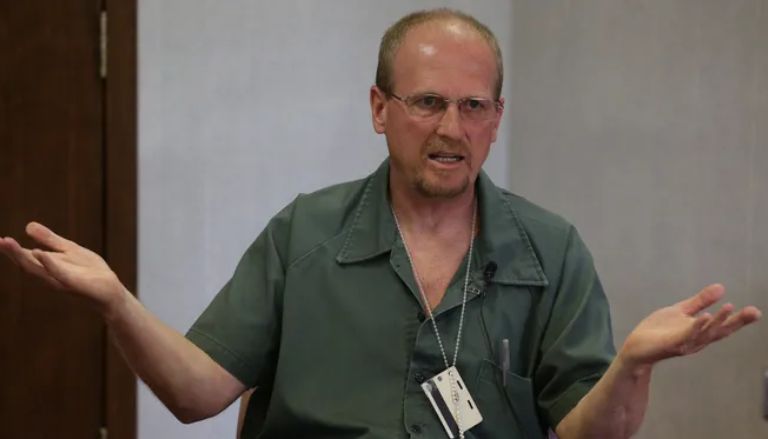What happens with a huge, controversial higher education bill that the Ohio Senate just passed will have a big impact on where Michelle Huang, 16, goes to college.
Huang is a student at Delaware County’s Olentangy Liberty High School. She said she had always planned to study political science at Ohio State University, but Ohio Senate Bill 1 has made her less sure of that.
The Ohio State Morrill Scholarship is a merit-based award, and one of the requirements is to “contribute to campus diversity.” She wants to get it. S.B. 1, on the other hand, would make it illegal to work on diversity and inclusion and put at risk minority scholarships.
Huang said, “The fact that S.B. 1 threatens diversity scholarships makes me not want to apply to Ohio State or any other Ohio school that offers similar scholarships.”
He said in an email that the Morrill Scholarship Program “is open to students of any background and would continue.” Johnson is a spokesman for Ohio State University.
Johnson said in an email, “We will continue to work with elected officials on both sides of the aisle to move Ohio State forward and make sure our students, faculty, and staff have the resources and support they need to succeed.” “It’s too early to say anything else at this point.”
S.B. 1 would, among other things, stop efforts to promote diversity and inclusion, stop teachers from going on strike, set rules for classroom discussion, risk diversity scholarships, cut the terms of university boards of trustees from nine years to six years, and make sure all students take an American history course.
It would set rules for what can and can’t be talked about in class when it comes to “controversial beliefs” like immigration policy, marriage, abortion, climate policy, election politics, foreign policy, diversity and inclusion programs, or immigration policy.
State Sen. Jerry Cirino, R-Kirtland, introduced S.B. 1 a little over a month ago. Last week, the Ohio Senate passed S.B. 1, which means that it will now be looked at by the Ohio House. Ohio’s public universities and community schools are the only ones that need to follow S.B. 1.
For it to become law, it needs to pass the Ohio House and be signed by the governor. Even if Gov. Mike DeWine rejected it, lawmakers would need 3/5 of the votes in each chamber to walk it back.
Huang said, “I’ve always had a lot of feelings for Ohio State, and today taking away one of the main reasons I wanted to go there makes me so sad.”
Huang said she is still going to apply to Ohio State and a few other schools, like the private school Ohio Wesleyan University and the D.C. school Georgetown University.
Huang stated, “I just feel like I’m about to not know.” “I really hope that this bill doesn’t go any further.”
Huang was one of 837 people who spoke out against the bill and testified in person at last week’s eight-hour Ohio Senate Higher Education Committee meeting.
During evidence, several other students said they would leave Ohio if the overhaul is made law.
She is also worried about what the bill might mean for talks in the classroom, especially in history and government classes.
“If the bill is signed into law, I think it will be much harder for students to learn about our history in a nuanced way and have these important conversations that are pretty necessary for us to understand society and our government,” Huang said.







Leave a Comment